5-amino-1MQ is a small molecule that blocks the activity of the enzyme called nicotinamide N-methyltransferase (NNMT). NNMT is a very important component in metabolism and energy and is predominantly active in fat tissue.
Overview
5-amino-1MQ (5-amino-1methylquinolinium) an analogue of methylquinolinium, is a short peptide inhibitor of cytosolic nicotinamide N-methyltransferase (NNMT). The NNMT enzyme has been linked to both obesity and type 2 diabetes and is known to play a role in energy homeostasis within the cell. Inhibiting NNMT leads to significant weight loss, decreased fat mass and fat cell (adipocyte) size, and lower plasma cholesterol and glucose levels. 5-amino-1MQ and other methylquinolinium derivatives are under active investigation as potential treatments for obesity and diabetes. It also appears that inhibition of NNMT can activate stem cells and improve regenerative capacity in skeletal muscle.
Research
Nicotinamide N-methyltransferase is a cytosolic enzyme found in many cells throughout the body, but is most abundant in liver and fat cells. Research in mice shows that high levels of NNMT are associated with decreased levels of the sugar transporter GLUT4. GLUT4, which is primarily in striated muscle (skeletal and cardiac) and fat cells, is heavily linked to blood sugar levels and the development of diabetes. In rodent studies, mice that produce high levels of GLUT4 are insulin sensitive and relatively resistant to the development of type 2 diabetes while mice with low GLUT4 levels demonstrate profound insulin resistance.
In fact, GLUT4 has been linked to basal metabolic rate and the concepts of fast and slow metabolism. Individuals with naturally high levels of GLUT4 have “faster metabolism” than those with low levels of GLUT4 and burn more calories as a result. It is also true that production of the transporter is stimulated by exercise, explaining why exercise can help to combat weight loss, elevated blood sugar levels, and insulin resistance. As it turns out, GLUT4 and NNMT are closely linked to one another and to basal metabolism in mammals [1]. According to Dr. Barbara Kahn of Harvard Medical School, the connection between GLUT4 and NNMT is what first led to the investigation of the latter enzyme as a potential target in the treatment of diabetes and obesity. High levels of NNMT are often found in the fat cells of animals with insulin resistance. Manipulating this gene helps to counteract insulin resistance and thus diabetes. It also has a profound effect on weight and obesity.

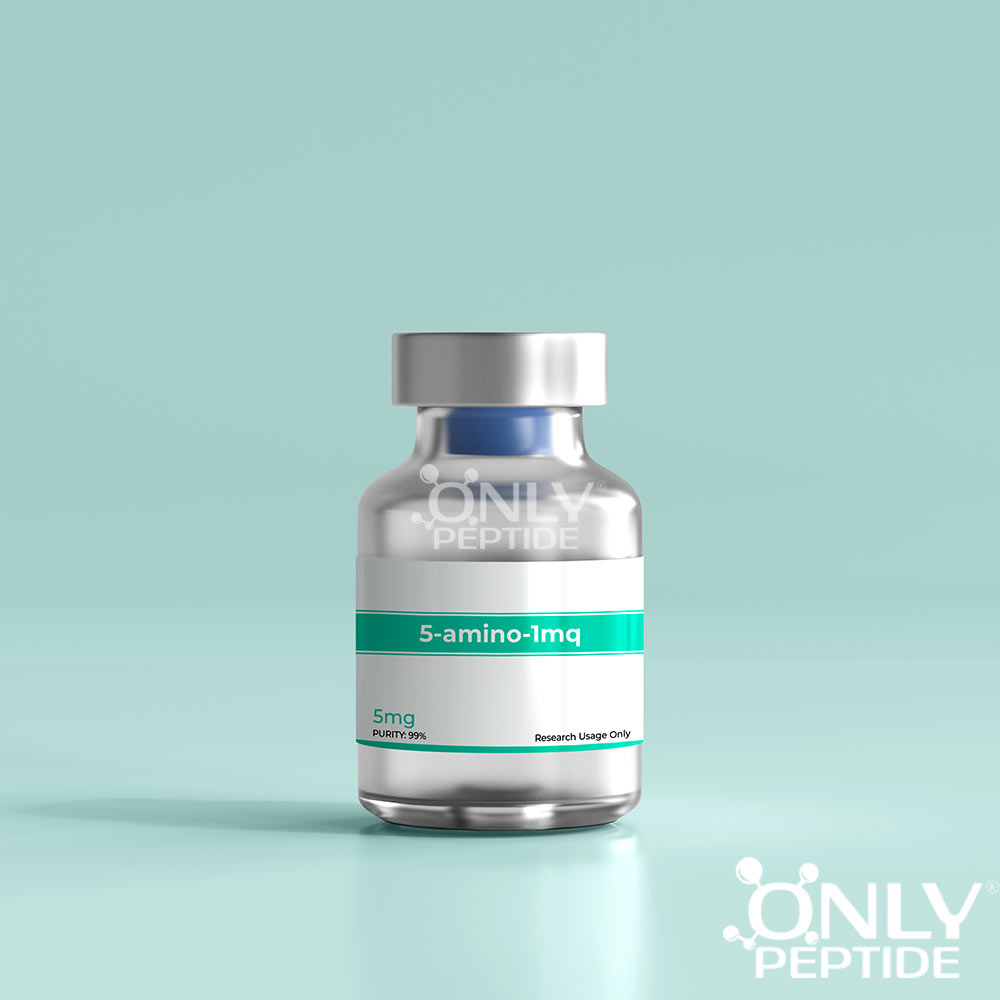
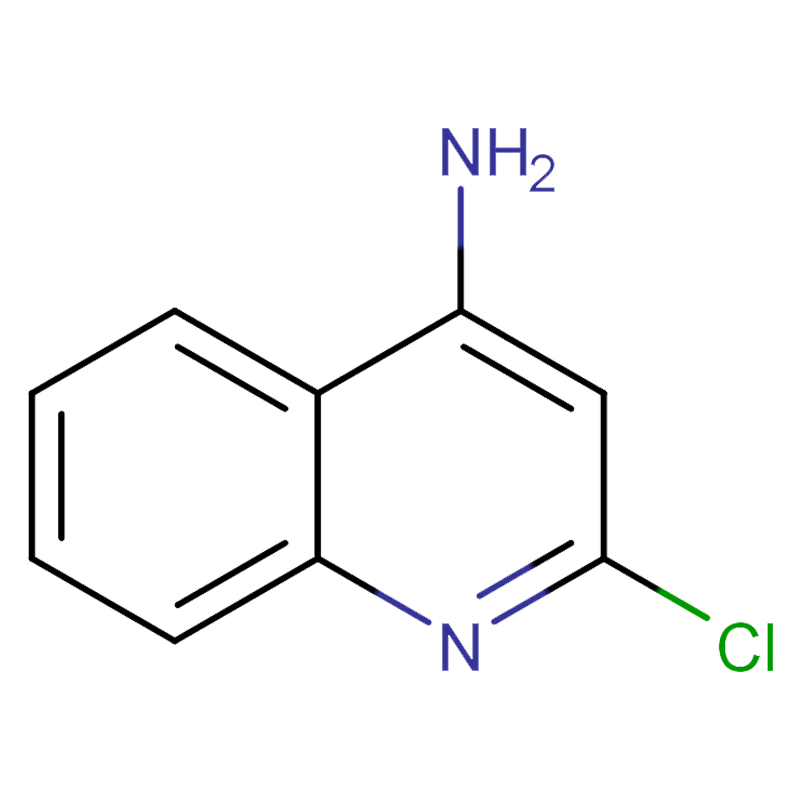
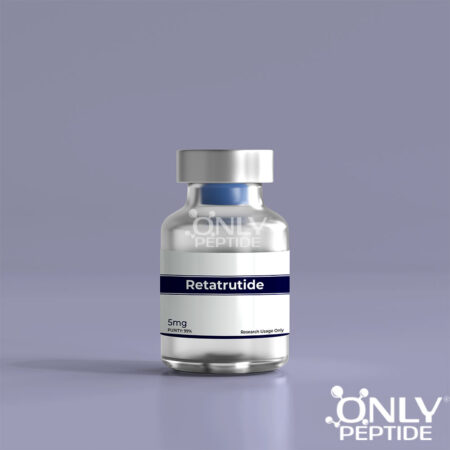
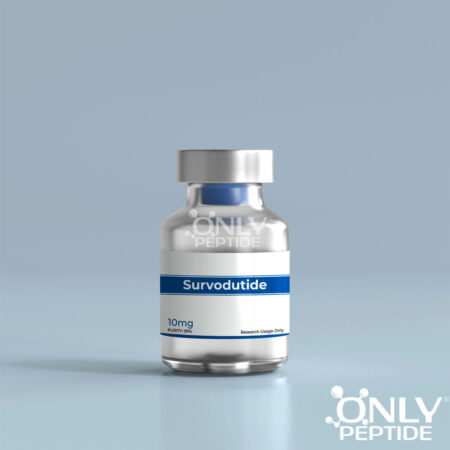
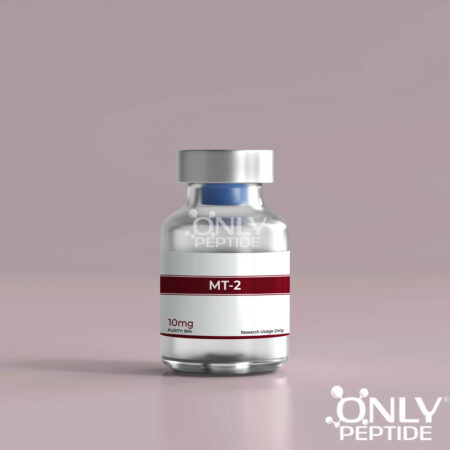
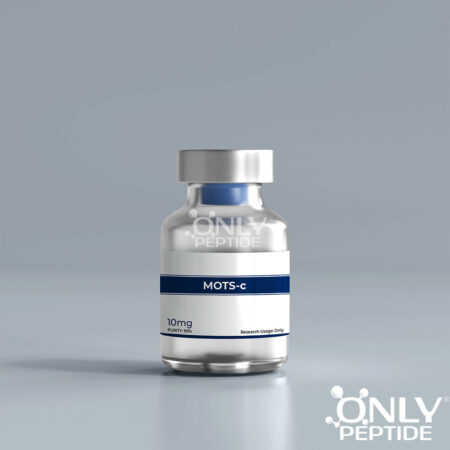

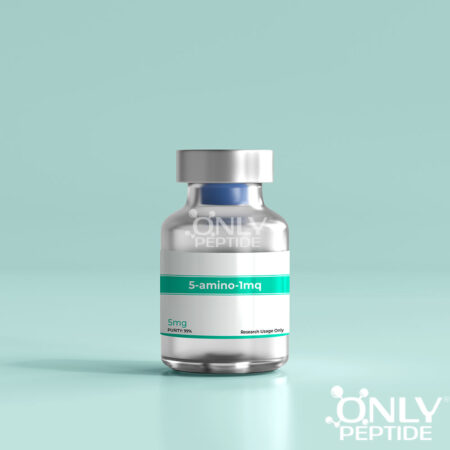
Reviews
There are no reviews yet.